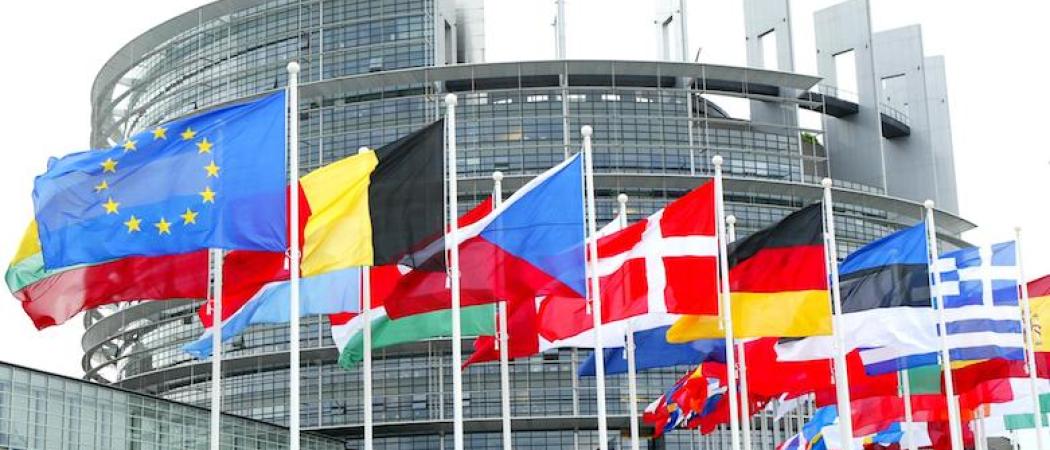A report by the European Parliament’s science and technology options assessment panel calls for the Commission and member states to put more effort into bridging the geographical divide in research and innovation

Participation in EU’s research framework programmes “appears to be biased against” central and eastern European member states, according to a report published by the European Parliament’s science and technology options assessment (STOA) panel.
The report urges EU and national institutions to work together for a more equitable spread of research and innovation, saying, “After almost 20 years of access to the opportunities of the framework programmes, the EU-13 countries are still lagging behind the EU-15.”
The European Commission is expected to intervene in areas where low participation in Horizon 2020 is caused by the design and the governance of the programme. But member states bear responsibility for fixing structural problems, such as a lack of research infrastructures and poor governance of research institutions.
The report finds that in some central and eastern European countries there are fewer eligible participants than in western Europe. On average, the number and the quality of submitted proposals is lower in EU-13 countries - and they are more likely to be ineligible. Even if eligible, proposals are less likely to be successful.
“Patterns of participation, which have emerged over time, have now become self-reinforcing, creating barriers to entry,” the report says.
The gap grows wider for proposals coordinated by organisations in central and eastern Europe. “Coordination requires special skills that are rare among EU-13 organisations,” according to STOA.
However, member states also bear responsibility for the widening gap. Low rates of participation in EU research programmes are correlated with weakness in national research and innovation systems and the lower quality of science.
Compounding these problems, prospective participants from EU-13 countries have weaker connections to Horizon 2020 collaboration networks, which are dominated by western counterparts. “Only a handful of EU-13 organisations qualify as hubs, giving them a strong position in the FP collaboration network,” STOA says.
The panel surveyed researchers and policy makers from across the EU, who said the most important barriers to participation in FP7 and Horizon 2020 was the low success rate of project proposals, followed by limited in-house internal skills in drafting proposals or managing projects.
Researchers also complained about the wage gap, slow professional career growth and the inadequate evaluation system, which they say does not promote internationalisation.
The European Commission and the member states should work together to improve synergies between framework programmes and research infrastructures, the report says. “It is vital to increase the opportunities for researchers and research groups from the countries with the lowest level of participation to create or develop pockets of excellence.”
In addition, STOA recommends the two main mechanisms for bridging the research gap under Horizon 2020, the Spreading Excellence and Widening Participation programmes, should have a larger budget. These instruments should be implemented in synergy with other investments at national level.
The full report is available here.





 A unique international forum for public research organisations and companies to connect their external engagement with strategic interests around their R&D system.
A unique international forum for public research organisations and companies to connect their external engagement with strategic interests around their R&D system.